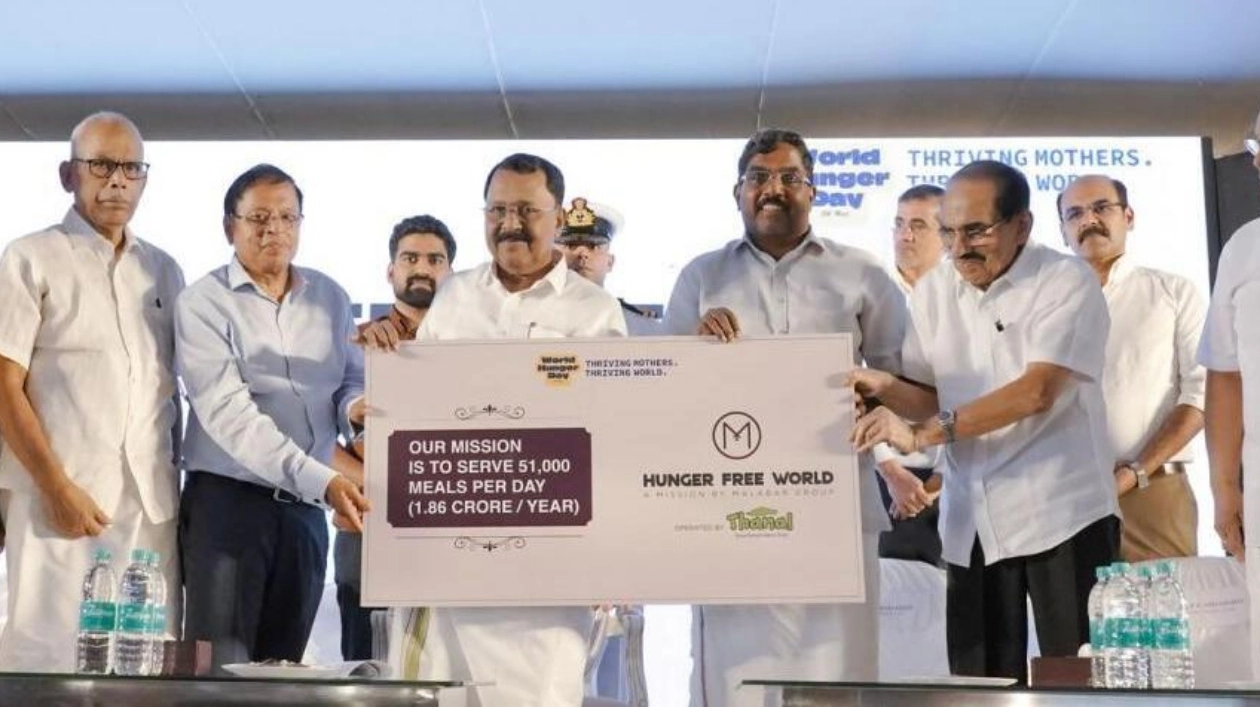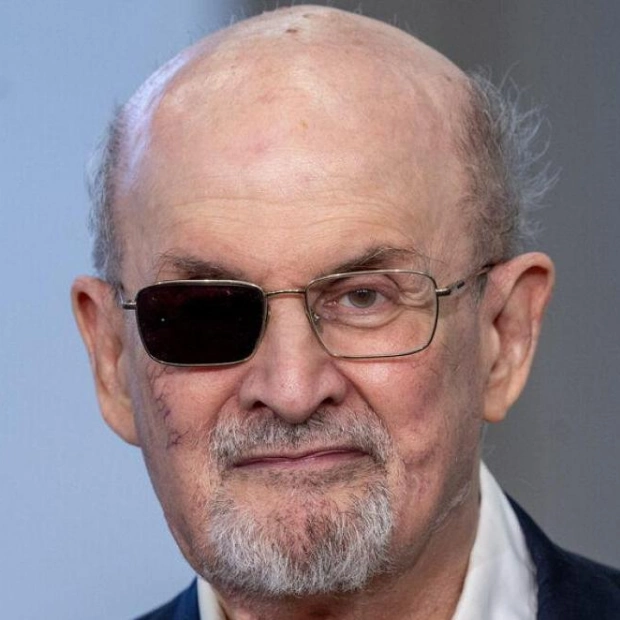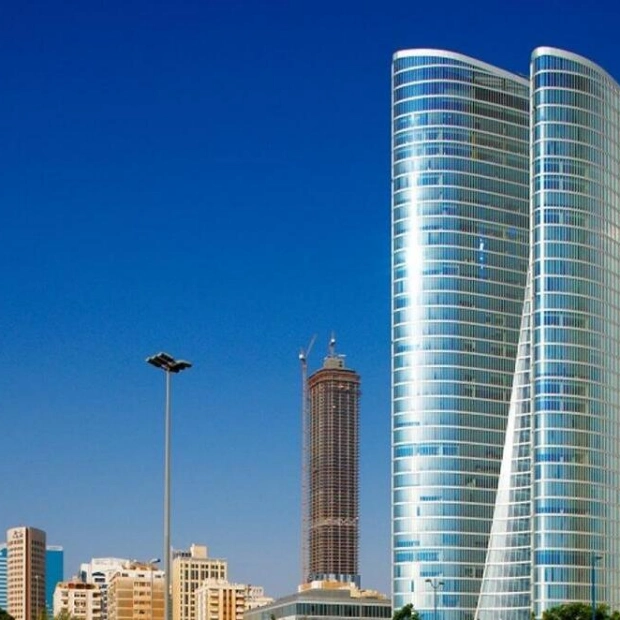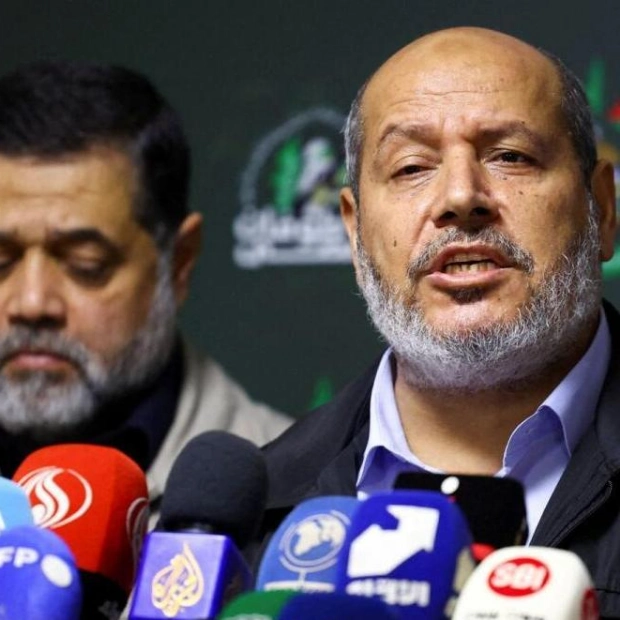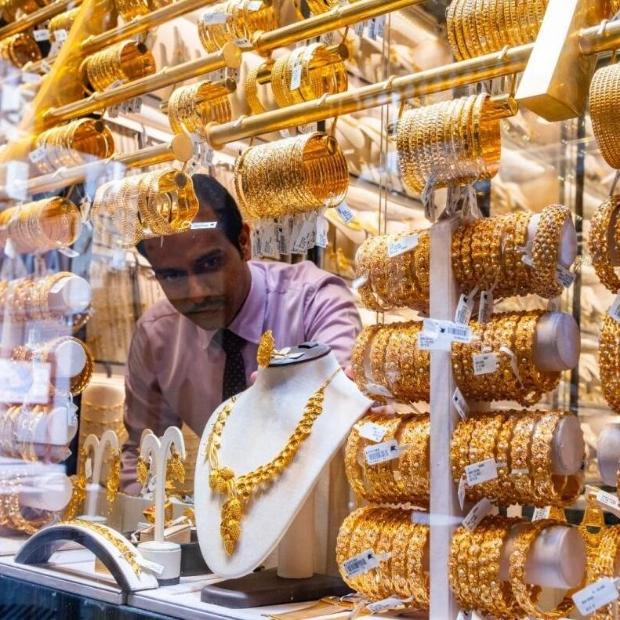‘Hunger-free World’, an ongoing social welfare initiative undertaken by Malabar Group to provide nutritious daily meals to the underprivileged, is set to undergo expansion to reach a wider audience across more cities. Currently, the ambitious program distributes 31,000 food packets in line with the United Nations’ Sustainable Development Goal 2 — Zero Hunger. As part of its scaling up efforts, the initiative will now distribute 51,000 nutritious food packets daily.
The inauguration of the expansion plan took place at the World Hunger Day observance event on May 28, at Malabar Group Headquarters in Kerala, India, with P S Sreedharan Pillai, Governor of Goa, officially flagging off the initiative. M P Ahammed, Chairman of Malabar Group, presided over the function. Various dignitaries including P T A Rahim, MLA from Kozhikode, Kerala, and Dr Basith Vadakkayil, project head at IPRH Daya Rehabilitation Trust, were part of the event.
The attendees at the event, including the chief guest, pledged their commitment to creating a hunger-free world. The current program covers 37 cities across 16 states in India and Union Territories, as well as a few centers in the Gulf countries, with further plans to expand to 70 cities in 16 states. Additionally, the group intends to launch a similar program for school children in Zambia.
“There are still plenty of people around us who are struggling to secure at least one square meal a day. We launched this program as a small hand of help to those governments and agencies working hard to eliminate hunger from our world,” said M P Ahammed, Chairman of Malabar Group.
In addition to the food distribution, the Malabar Group has initiated the 'Grandma Home’ project to support poor and orphaned elderly women by providing them with free food, accommodation, and other health care. Furthermore, the group has set up modern kitchens in different locations to prepare nutritious food in a hygienic environment, and volunteers identify and deliver food packets to the needy individuals in the streets and urban areas.
Moreover, the group has launched a micro-learning program to facilitate the primary education of street children and is also active in various other social welfare and charitable activities such as financial assistance for medical care, education support for female students, and partial support for house construction. The group allocates five percent of its profits towards ESG activities in every region of operation, with a total spend of over $29 million on social welfare schemes to date.
